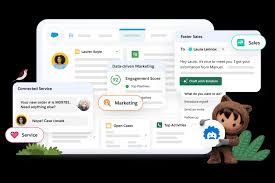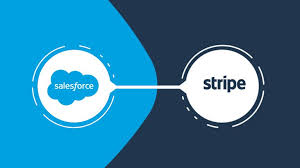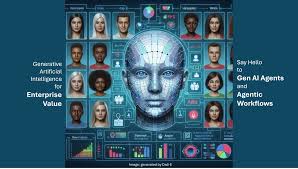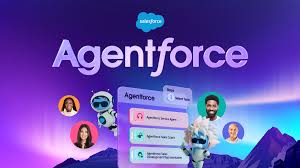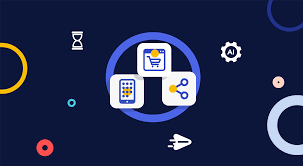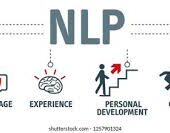Unlocking the Power of Agentic AI with a Strong API Strategy
IT leaders are embracing agentic AI at an unprecedented pace, but success depends on the strength of the APIs that power these intelligent agents. According to a recent MuleSoft survey, 97% of IT leaders in the Asia-Pacific region have already implemented or plan to deploy AI agents within the next two years. However, fully harnessing this technology requires more than just AI adoption—it demands a well-structured API strategy. APIs: The Foundation of Effective AI Agents Andrew Comstock, Senior Vice President and General Manager of MuleSoft at Salesforce, emphasizes that APIs must do more than just provide data access—they need to embody business processes. “If APIs are merely access points to data, AI agents will have information, but they won’t have the context needed to execute complex tasks,” Comstock explains. To maximize AI capabilities, APIs must integrate business logic, enabling agents to perform real-world functions beyond simple queries. For instance, an AI agent assisting with hotel reservations must not only retrieve room availability but also apply customer loyalty rewards and process transactions seamlessly. Bridging the Gap with Actionable API Instructions For AI agents to function effectively, they need clear instructions on how to use APIs. In Salesforce’s agentic AI platform, Agentforce, metadata-powered “action instructions” provide natural language descriptions of API functions, helping agents understand how to interact with them. To further enhance this capability, MuleSoft has introduced Topic Centre, which allows organizations to annotate APIs with these action instructions. This ensures APIs can be readily used by AI agents while maintaining their traditional functionality for other applications. “With Topic Centre, APIs serve dual purposes—they support existing systems while also being immediately accessible to AI-powered solutions like Agentforce,” Comstock adds. The Future of AI-Driven Business Operations AI agents are already being used for simple tasks like answering document-related queries, but their true potential lies in executing complex business operations. As AI adoption accelerates, companies must rethink their API strategies, ensuring that APIs are not just data access points but intelligent pathways to automated decision-making and seamless customer interactions. With solutions like MuleSoft and Agentforce, businesses can build AI-driven workflows that improve efficiency, enhance customer experiences, and drive competitive advantage in the digital economy. 🚀 Like Related Posts Salesforce OEM AppExchange Expanding its reach beyond CRM, Salesforce.com has launched a new service called AppExchange OEM Edition, aimed at non-CRM service providers. Read more The Salesforce Story In Marc Benioff’s own words How did salesforce.com grow from a start up in a rented apartment into the world’s Read more Salesforce Jigsaw Salesforce.com, a prominent figure in cloud computing, has finalized a deal to acquire Jigsaw, a wiki-style business contact database, for Read more Service Cloud with AI-Driven Intelligence Salesforce Enhances Service Cloud with AI-Driven Intelligence Engine Data science and analytics are rapidly becoming standard features in enterprise applications, Read more





